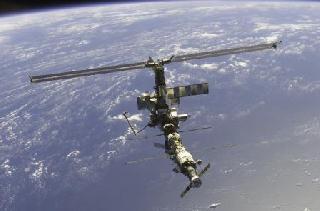
The International Space Station
TOKYO (BNS): For the first time all the manned and unmanned space vehicles which are currently in operation from ISS participating countries in the world are docked at the International Space Station (ISS).
The latest is NASA's space shuttle Discovery which arrived at the International Space Station in its final visit before hanging up its wings for good at a museum.
Discovery is flying an 11-day mission to deliver a new storage room and a humanoid robot assistant called Robonaut 2, along with supplies and spare parts, to the space station.
Aboard the International Space Station, the ISS crew continues to unload the pressurized cargo delivered by the KOUNOTORI2 - a JAXA cargo transporter to the ISS. Besides the unpacking activities, the crew is also loading trash bags into the Pressurized Logistics Carrier (PLC).
On February 18, the ISS crew performed relocation of the KOUNOTORI2 using the SSRMS. If the KOUNOTORI2 stayed in its current position, the Space Station Remote Manipulator System (SSRMS) will not be able to remove and transfer the payloads in Discovery's payload bay, JAXA said.
After Discovery undocks from the ISS, the KOUNOTIORI2 will be returned to the Earth-facing port of Harmony.
ATV Johannes Kepler launched by an Ariane 5 from Europe's Spaceport in Kourou, French Guiana, on 16 February, will remain docked to the Station until June, serving as an additional module, providing a shirtsleeve environment for the astronauts and reboosts to move the complex to a higher altitude.
The European cargo transporter called the Automated Transfer Vehicle 2, ATV2, weighs more than 22 tons (about 20,000 kilograms), making it the heaviest European robotic spacecraft ever launched into space. It beat out its predecessor, the ATV-1 spacecraft, by about a ton, ESA officials said.
ESA officials christened the spacecraft the ATV-2 Johannes Kepler, after the famed German astronomer and mathematician who lived in the 16th and 17th centuries. It arrived at the orbiting laboratory on February 24.
The Russian Progress cargo transporter and Soyuz are already at the space station. Russia will continue to fly its manned Soyuz spacecraft, which has been in service for more than 40 years. Soyuz is expected to play the central role in transporting astronauts and supplies to the ISS after shuttle Discovery’s retirement.
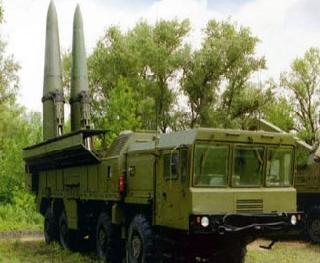 Previous Article
Previous Article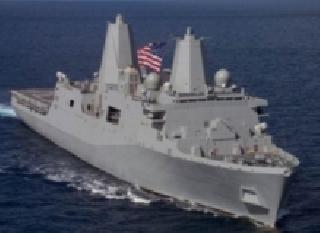 Next Article
Next Article
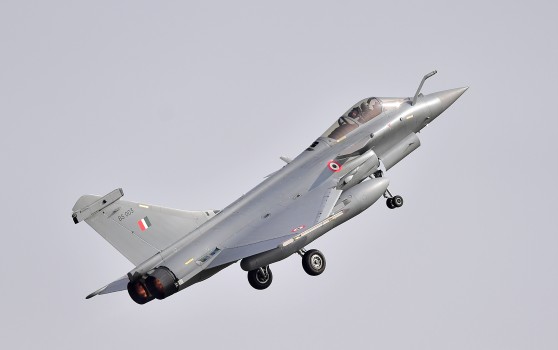
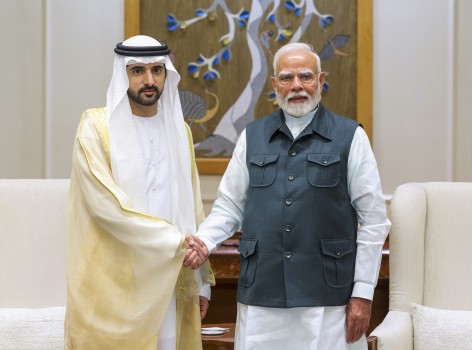
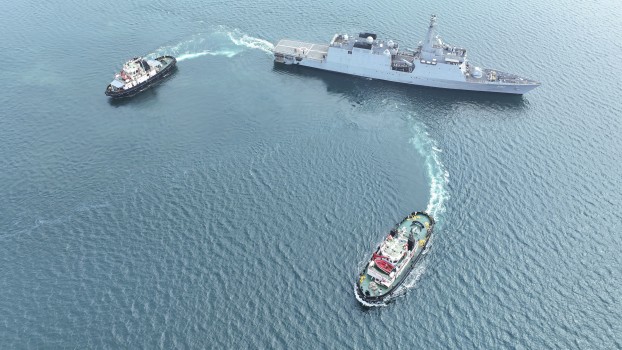










The Indian Air Force, in its flight trials evaluation report submitted before the Defence Ministry l..
view articleAn insight into the Medium Multi-Role Combat Aircraft competition...
view articleSky enthusiasts can now spot the International Space Station (ISS) commanded by Indian-American astr..
view article